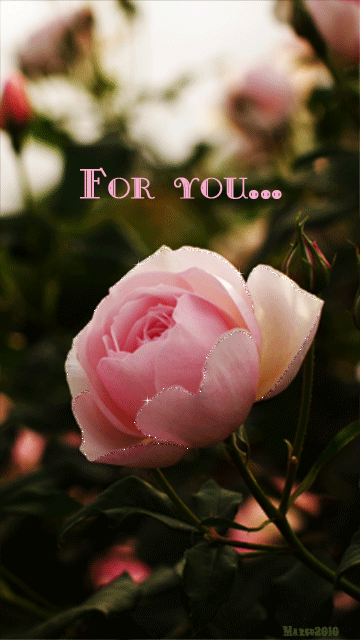Forgive and Forget
by Venerable K. Sri Dhammananda
To take revenge on trouble-makers is only to create more problems and disturbances. You must realise that negative feelings and hostile actions could only bring harm and suffering to both you and the trouble-makers. In order to take retaliatory action, you have to harbour intense hatred in your heart. This hatred is like a poison. Since the poison is initially in you, surely it will harm you before it can harm anyone else. Before you can throw a blazing iron at another, you get burned first. Your action merely goes to show that there is no basic difference between you and your opponent. By hating others, you only give them power over you. You do not solve your problem. If you become angry with a person who simply smiles back at you, then you will feel defeated and miserable. Since he did not co-operate with you to fulfil your wish, it is he who is victorious. The Buddha teaches us how to live happily when we are faced with disturbances.
‘Ah happily do we live without hate amongst the hateful. Amidst hateful men, we live without hate’. — Dhammapada. We can live happily without fanning the fires of hatred. Perhaps you may not be strongh enough to extend compassionate love to your enemies; but the sake of your own health and happiness and that of everybody else, you must at least learn how to forgive and forget. By not hating or crushing your trouble-maker, you act like a gentleman. To act in this manner, you must understand that the other person has been misled by anger, jealousy and ignorance. He is therefore no different from all other human beings who have also at one time or another been misled by the same negative states of mind.
The Buddha says: “Evil-doers are not wicked by nature. They do evil because they are ignorant”. Therefore they need guidance. We should not curse them. It is not justifiable for us to say that they should be condemned to everlasting suffering as it is still not too late to correct them. We should try to explain to them in a very convincing way that they are in fact in the wrong. With this understanding, you can treat the evil-doer as you would a patient who is suffering from a sickness and in need of treatment. When the sickness is cured the ex-patient and everyone else will be well and happy.
The ignorant must be guided by the wise. “Good life is inspired by love and guided by knowledge”. If a man does something wrong to you of ignorance or misunderstanding, then that is the time to radiate your compassionate love towards the evil-doer. One day, he will realise this folly and relent on his evil habits. So it is better to give him a chance to be good. Repentance of his past misdeeds will change him into a better person and in the end he will truly appreciate your kind thoughts.


















